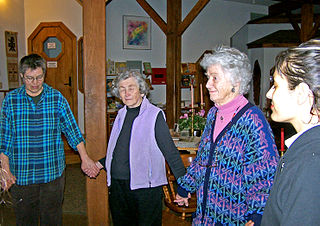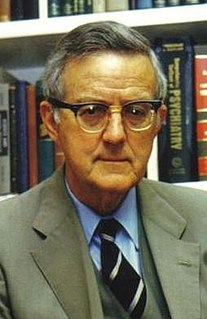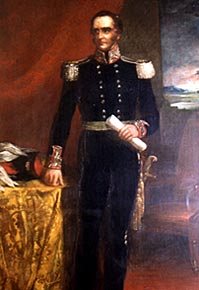A Quote by John F. Kennedy
History will never accept difficulties as an excuse.
Related Quotes
History is a living horse laughing at a wooden horse. History is a wind blowing where it listeth. History is no sure thing to bet on. History is a box of tricks with a lost key. History is a labyrinth of doors with sliding panels, a book of ciphers with the code in a cave of the Saragossa sea. History says, if it pleases, Excuse me, I beg your pardon, it will never happen again if I can help it.
Everybody hates dependence, and that's why couples are continuously fighting, not knowing why they are fighting. They have to meditate over it, they have to contemplate over it, why they are fighting. Everything is just an excuse to fight. If you change one excuse, another excuse will be found; if no excuse is left then excuses will be invented, but somehow the fight has to be there.
The question of whether world peace will ever be possible can only be answered by someone familiar with world history. To be familiar with world history means, however, to know human beings as they have been and always will be. There is a vast difference, which most people will never comprehend, between viewing future history as it will be and viewing it as one might like it to be. Peace is a desire, war is a fact; and history has never paid heed to human desires and ideals.
I can only think that the book is read because it deals with the difficulties of schooling, which do not change. Please note: the difficulties, not the problems. Problems are solved or disappear with the revolving times. Difficulities remain. It will always be difficult to teach well, to learn accurately; to read, write, and count readily and competently; to acquire a sense of history and start one's education or anothers.
Elijah Cummings said, "you'll be the greatest president in the history of, but you know what, I'll take that also, but that you could be". But he said, "will be the greatest president but I would also accept the other". In other words, if you do your job, but I accept that. Then I watched him interviewed and it was like he never even was here. It's incredible. I watched him interviewed a week later and it's like he was never in my office.
Difficulties arise when reported observations seem to conflict with 'facts' that the majority of scientists accept as established and immutable. Scientists tend to reject conflicting observations.....Nevertheless, the history of science shows that new observations and theories can eventually prevail.

































